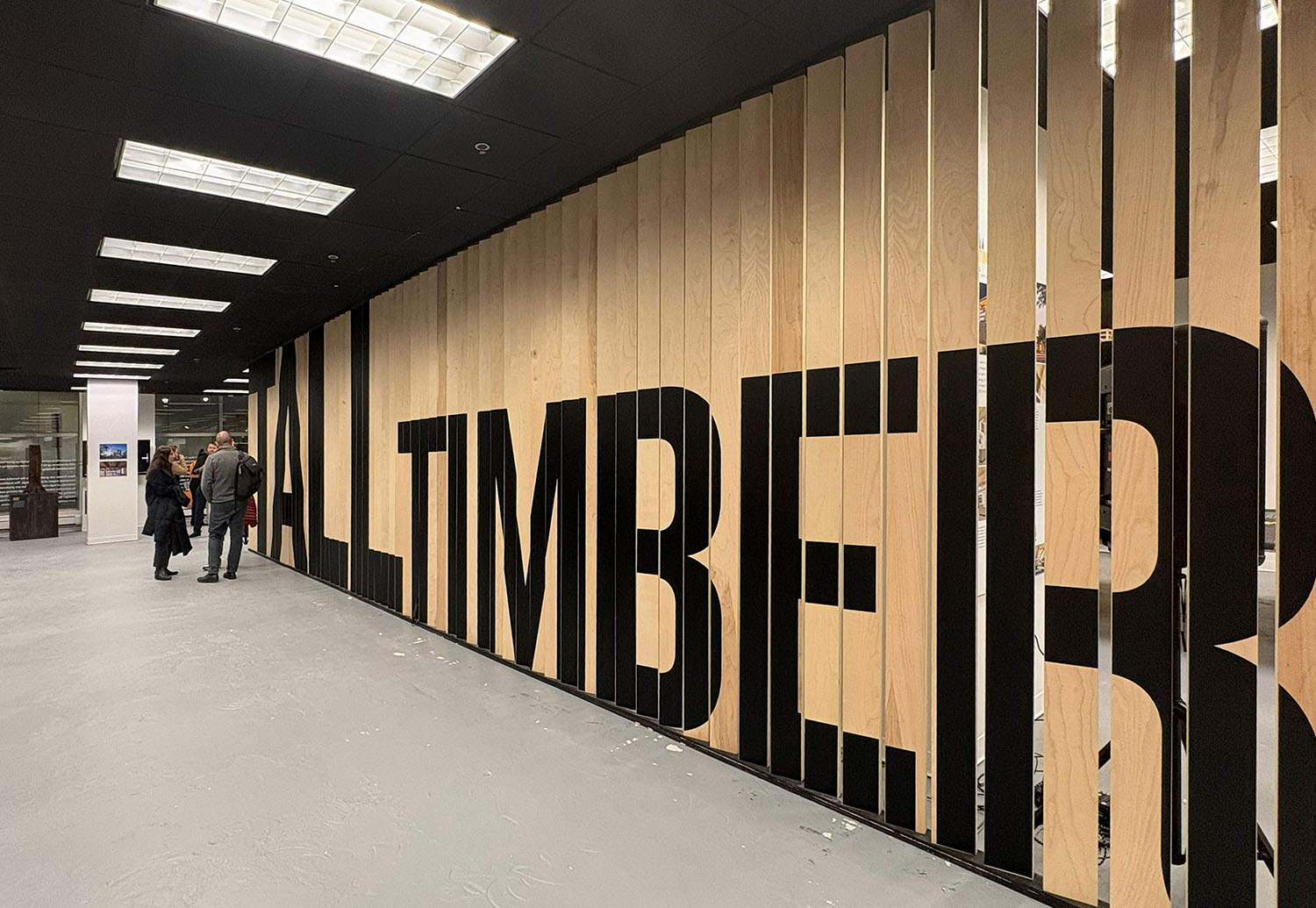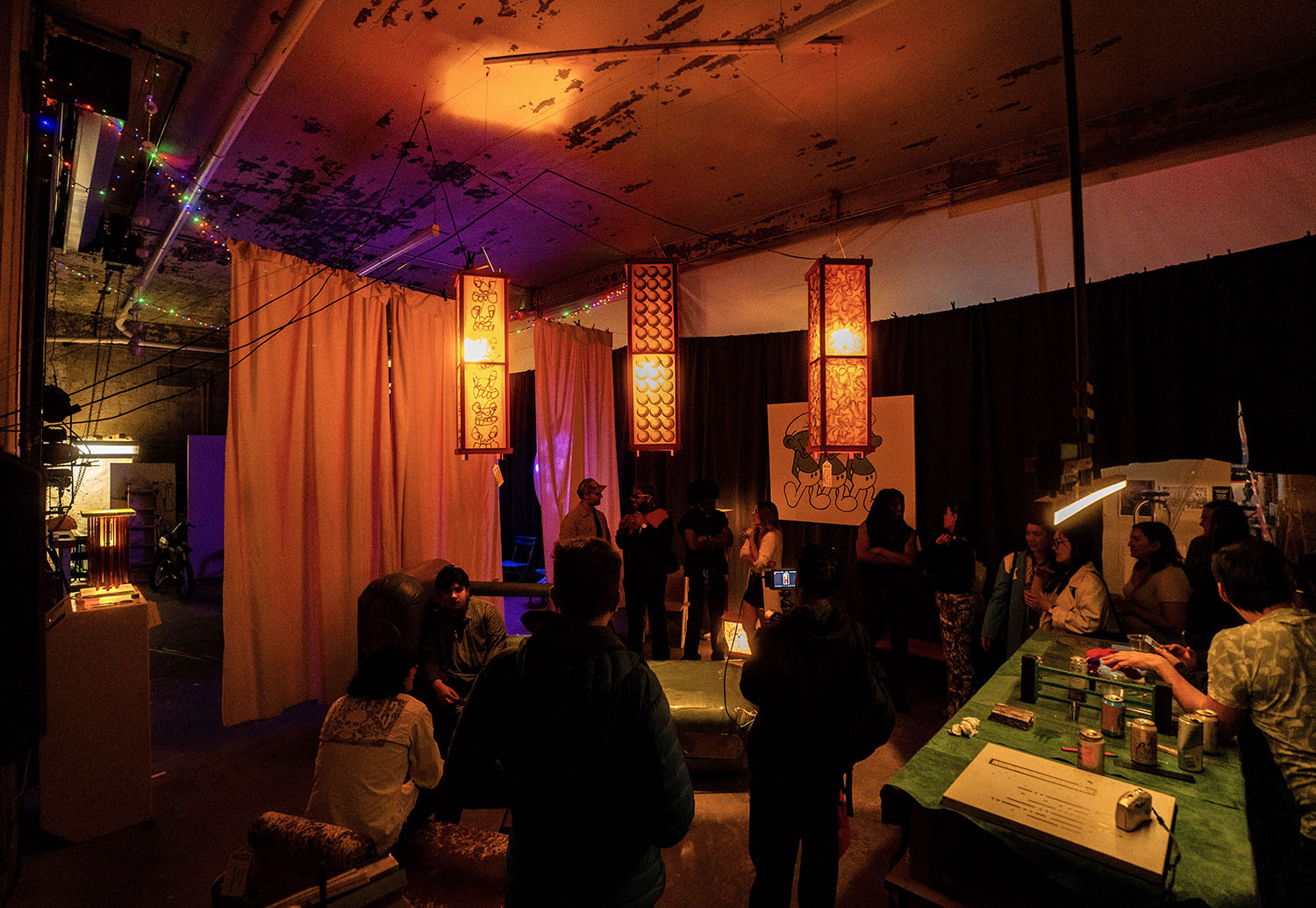
THOUGHTFUL URBAN DESIGN PRACTICES: PART 1
October 17, 2022
In May of 2022, the United States Census Bureau reported that more than half of the country's 15 largest cities saw their population decrease from July 2020 to July 2021. And for those cities that didn't lose population, most registered only incremental gains.
As major cities like Detroit seek to mitigate these losses and eventually return with a pattern of growth, the importance of mixed-use neighborhoods will be at the forefront of the revival to ensure a city can reverse decades of population loss and patterns of single-family home sprawl. Therefore, it will be critical to apply thoughtful urban design practices to these neighborhoods as a way to redefine city living and pave a road for inclusive housing.
ROSSETTI's Urban Planning Partner, Amy Chesterton, AICP, takes a look at these issues in a five-part series that looks at how a mindful approach to mixed-use neighborhood planning can help address some of the challenges facing many major cities in the United States.
INVEST IN ACTIVATING THE GROUND FLOOR
One of the most significant challenges in tackling new construction or renovation in an urban neighborhood is activating the ground floor to ensure the building engages the surrounding community. Coupled with accurate market data, it's essential to be realistic out of the gate: even the most robust economies in the world can't rely solely on retail to fill all the ground floor space.
A critical first step is developing an understanding of which building facades should be the highest priority for ground floor activation based on the adjacent streets and their connection to the greater neighborhood. Where possible, building facades along priority pedestrian streets should include active retail. Conversely, building facades along secondary streets can be filled with less active uses, such as service or residential amenities like gyms, leasing offices, or bike rooms.
Due to cost and spatial limitations, developers often resort to a standard parking podium with residential units above it. However, the resulting product can be a dull, lifeless environment for pedestrians, no matter how much money is spent on landscaping and building materials. The units above may lease when they are shiny and new, but the lack of street-level activity will eventually result in a limited sense of community and activity. In fact, I believe the property will be significantly devalued over a short period.

Incorporating residential front doors is another effective way to activate the ground floor on secondary streets, where retail is less viable or not contextually appropriate. For example, in an apartment building with walk-up units at the street level similar to the Flats at 124 Alfred in Detroit's Brush Park neighborhood, there will be pumpkins on stoops in October and wreathes on doors in December, people coming and going daily, and the potential for chance encounters on the street; this sort of activity goes a long way toward generating a real and lasting sense of community, especially during the winter months in northern cities.
When rebuilding and renovating in mixed-use neighborhoods, the work at the ground floor will play a huge role in how the entire project performs and influences the neighborhood as a whole.
NEXT WEEK: The Need to Rethink Parking
RELATED NEWS

TALL TIMBER: The Future of Cities in Wood
Lorem ipsum dolor sit amet, consectetur adipiscing elit. Suspendisse varius enim in eros elementum tristique.

Celebrating Design, Community, and Creativity in Detroit
Lorem ipsum dolor sit amet, consectetur adipiscing elit. Suspendisse varius enim in eros elementum tristique.

Owning the Dream: Designing the Rocket Classic Trophy for Detroit
Lorem ipsum dolor sit amet, consectetur adipiscing elit. Suspendisse varius enim in eros elementum tristique.
